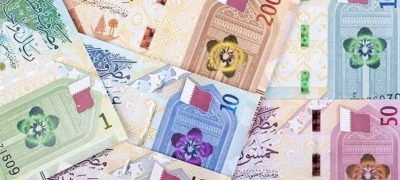The textile industry in Pakistan has raised concerns with the Special Investment Facilitation Council (SIFC) regarding the potential for further declines in exports due to the absence of a financially viable energy source for the industry. The All Pakistan Textile Mills Association (APTMA) has proposed measures to enhance the competitiveness of textile exports in the global market.
In a presentation to the SIFC, APTMA highlighted the lack of a financially viable energy source for the industry to sustain manufacturing and compete internationally. The association suggested the removal of cross-subsidies to non-productive sectors of the economy.
Also Read: Cotton Market Faces Pressure Amid Textile Woes and Holiday Season Ahead
APTMA proposed the operationalization of the Competitive Trading Bilateral Contracts Market (CTBCM) to facilitate business-to-business (B2B) power contracts with a Use of System/Wheeling Charge of 1-1.5 cents/kWh, excluding cross-subsidies and stranded costs. This aims to enable the industry to procure green energy at competitive end-use prices through captive generation from geothermal plants in depleted oil fields, hybrid solar/wind plants, or other green power producers. Additionally, APTMA called for increasing the cap on solar net-metering for industrial consumers from 1MW to 5MW.
These measures are intended to incentivize a shift away from captive gas generation, freeing up domestic gas resources and reducing the Re-Gasified Liquefied Natural Gas (RLNG) import bill. APTMA also requested adequate gas supply to cogeneration units and treating them as industrial consumers.
The export sector in Pakistan enjoyed regionally competitive energy tariffs (RCET) of 9 cents/kWh in 2021-22, leading to significant growth in textiles and apparel exports. However, power tariffs for export-oriented firms rose to over 14 cents/kWh, contributing to a decline in textiles and apparel exports in the following year. The industry faces challenges with increasing power tariffs and gas prices, making production financially unfeasible and impacting investor returns and confidence in the economy.









